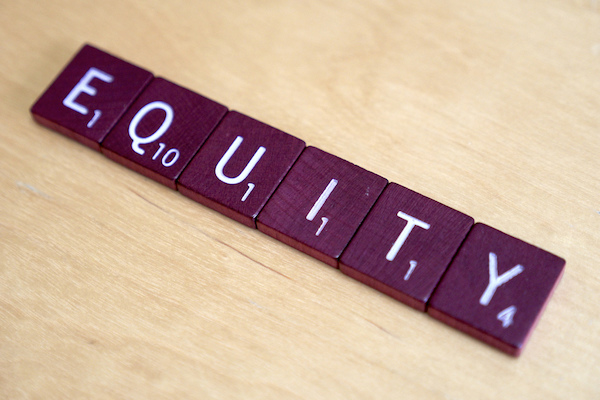Simply put, home equity refers to the difference between the market value of your property and how much is still owing. Equity is the unencumbered interest an owner has in a property. For example, if your property was worth $500,000, and you still owed $400,000 on your home loan, your equity in the property would be $100,000. If your property has increased in value, the equity would have increased too.
What can you use equity for?
Equity can be utilised by applying for a home equity loan with your financial provider. Having equity in your home can be a helpful tool for wealth creation, with many owners choosing to leverage the equity to purchase an investment property or to undergo renovations. While it can take years to accumulate enough savings to do this normally, accessing your equity allows you to add another property to your portfolio or to transform your current home much sooner.
How can you build equity?
As you pay down your loan over time and the value of your property increases, you will build equity. Although time will generally increase the amount of equity you hold, there are a few ways that you can build the equity in your home yourself.
By aggressively paying down your debt and making larger or more regular repayments, you can reduce the outstanding balance on your loan, therefore increasing equity. Prior to doing this, make sure to check with your provider if you’ll incur any additional fees for doing so.
Another way to manufacture equity is to improve the market value of your home. While property values tend to increase over time, making improvements to your home can increase the market value in a shorter period of time. However, before you invest a lot of money into renovations and extensions, you need to exercise due diligence to ensure you don’t overcapitalise. Researching what renovated properties in your area are selling for can assist you with gaining a good understanding.
What do you need to be aware of?
While equity can turn your family home into a surplus of extra funds, you should exercise caution and consider the consequences. Accessing the equity in your property will mean the sum you owe to the bank will also increase. This generally leads to a longer repayment term and higher repayments.
If you lack collateral outside of your home equity, it would be very risky to use every bit towards an investment. You should always ensure you have a buffer in case things don’t go to plan.
Credit: Andrew Trim

